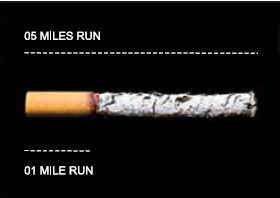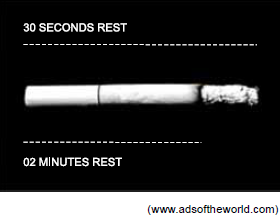Questões de Vestibular UniCEUB 2019 para Vestibular de Medicina
Foram encontradas 54 questões
Look at the pictures of the advertising campaign created by Fosbury&Brothers.


The purpose of the campaign is to show that smoking
The experiment results suggest the existence of
Vossas Altezas como Católicos cristãos e príncipes amantes da Santa fé cristã e inimigos da seita de Maomé e de todas idolatrias e heresias pensaram de enviar-me a mim, Cristóvão Colombo, à Índia e ordenaram que eu não fosse por terra ao Oriente, por onde se costumam andar, mas pelo caminho de Ocidente. Assim, que depois de haverem expulsado os judeus de todos os vossos Reinos e Senhorios, no mesmo mês de janeiro, mandaram Vossas Altezas a mim, que com armada suficiente me fosse as ditas partes da Índia; e para isso me fizeram grandes mercês e me enobreceram. (Diario de a bordo, 2010. Adaptado.)
Em seu diário, Cristóvão Colombo menciona